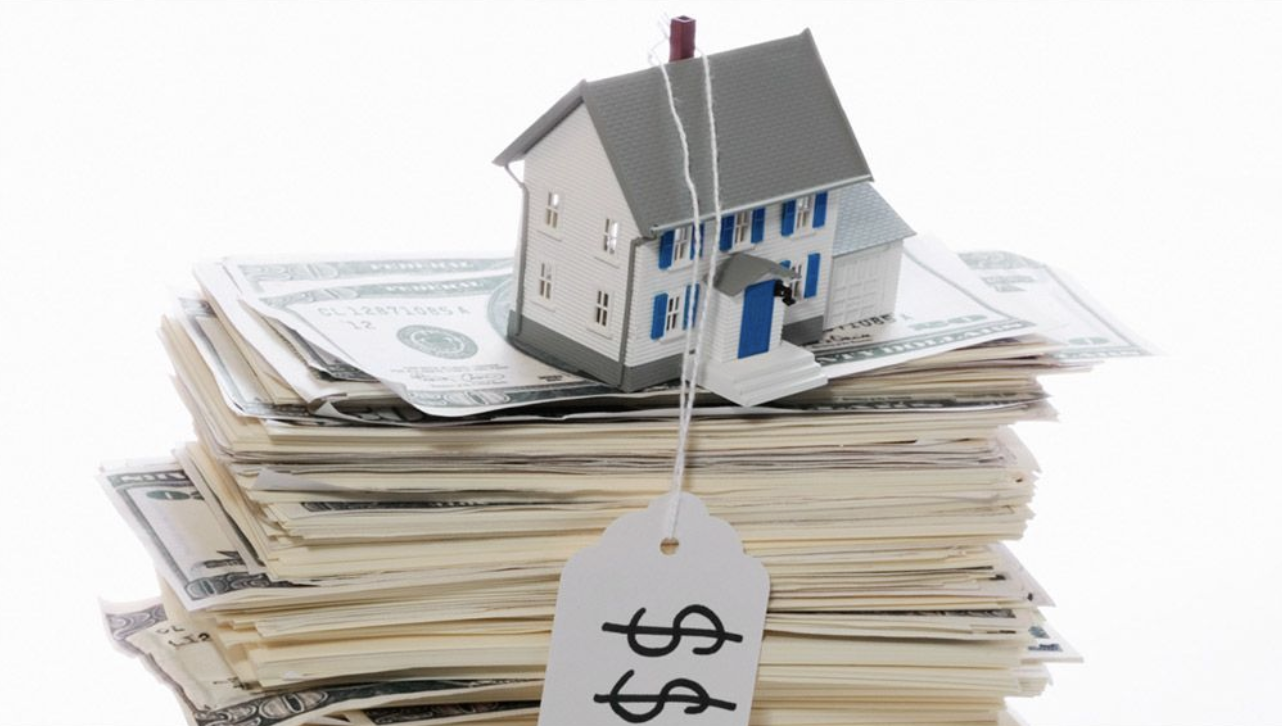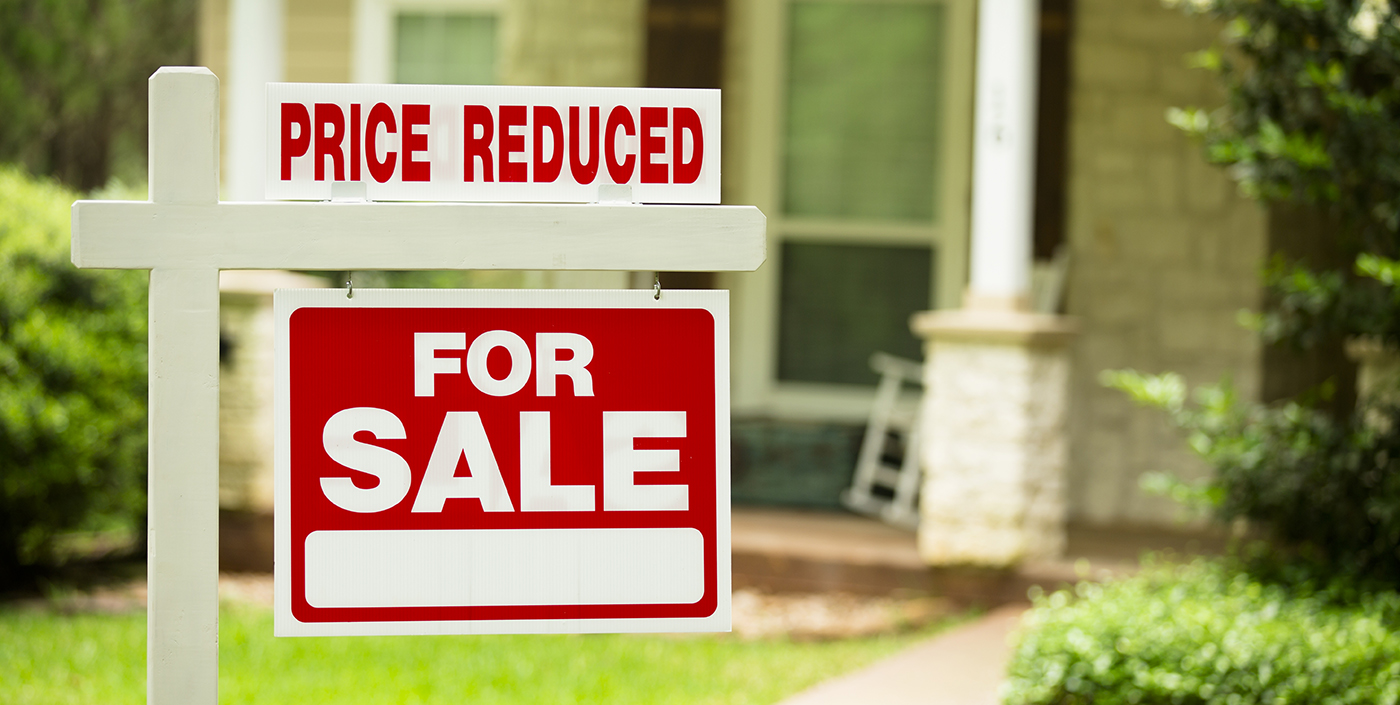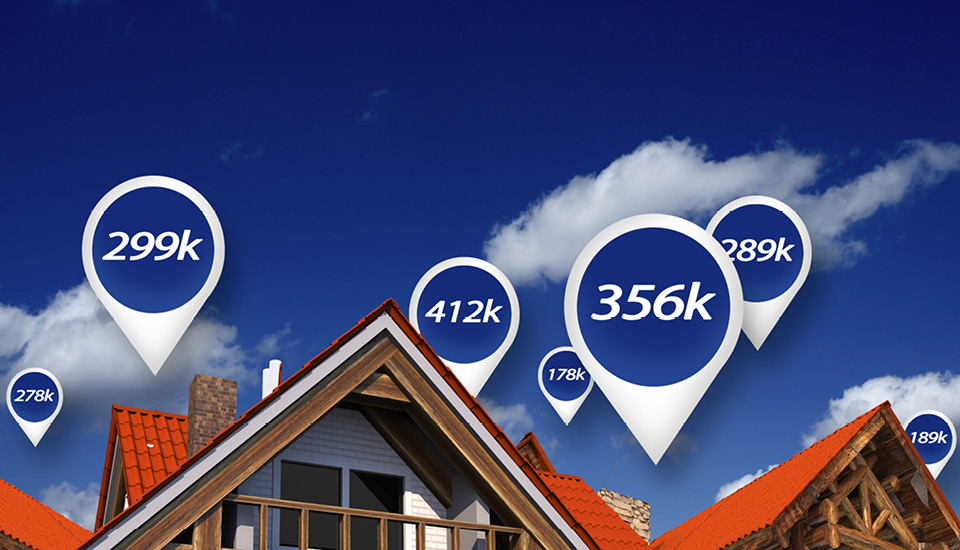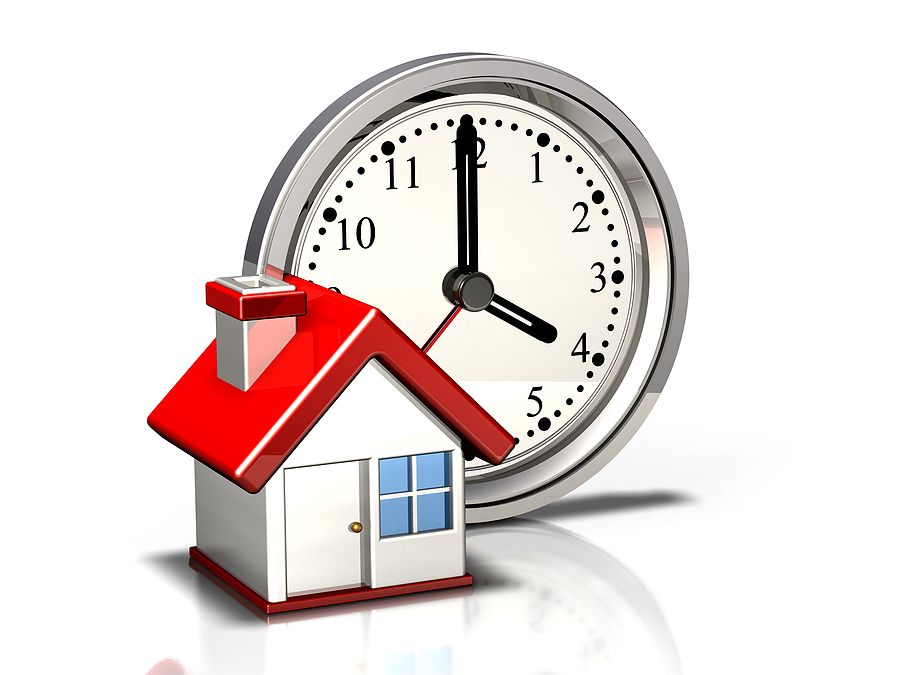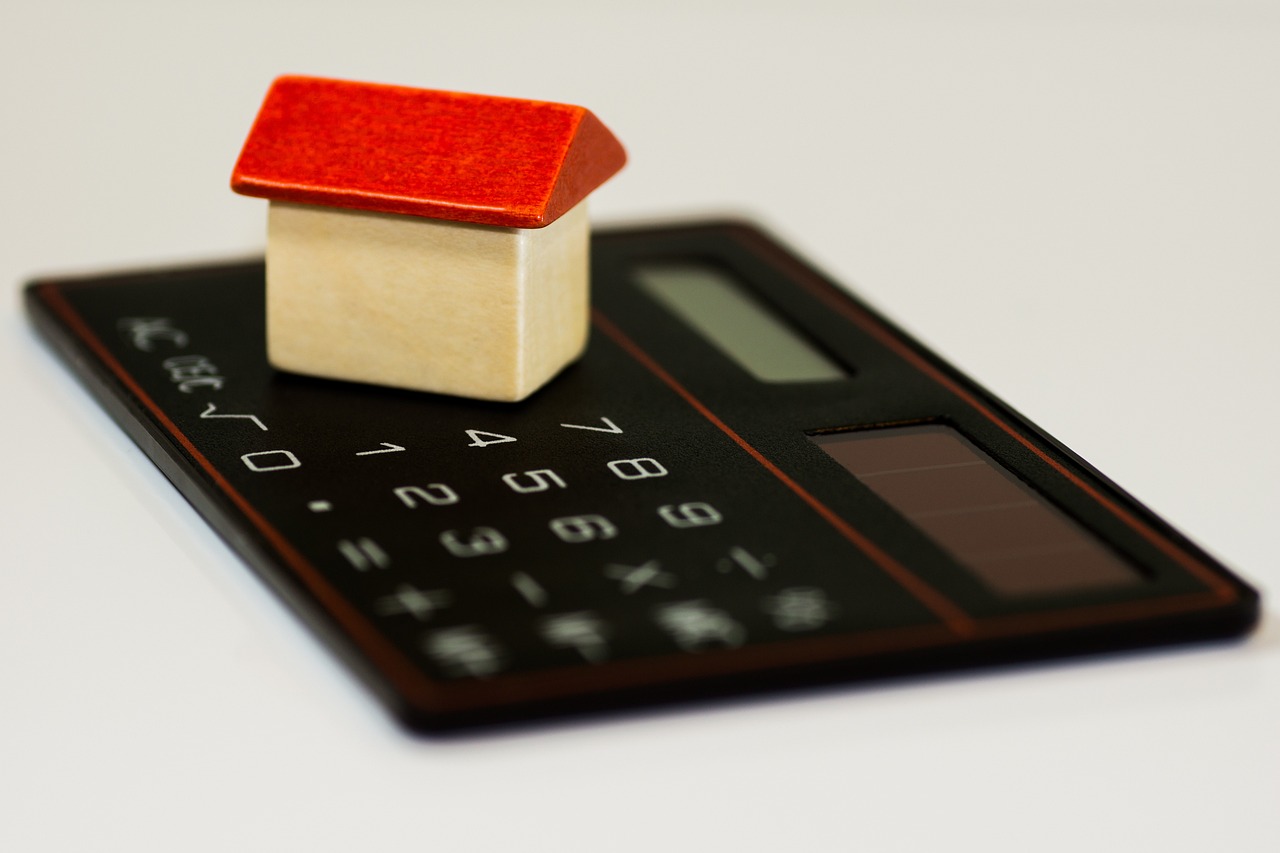Nick Briggs, Realtor
Fall is a season of transformation and backyard improvements. As the leaves change color and the air turns crisp, it’s the perfect time to revamp your backyard and create a cozy oasis for family and friends. Here are some backyard home improvement ideas to make the most of the upcoming fall season:
Fire Pit Magic:

As the nights get cooler, a fire pit becomes the focal point of backyard gatherings. Whether you opt for a portable one or a built-in stone version, surrounding it with comfortable seating ensures many memorable nights of stories and s’mores.
Autumn Plantings:

Fall is the ideal time to plant certain trees, shrubs, and perennials. Consider adding maples for a burst of color or ornamental grasses that sway beautifully in the breeze. Don’t forget about fall flowers like chrysanthemums and asters to add vibrant hues to your garden.
Cozy Outdoor Seating:

Upgrade your patio furniture with plush cushions in autumnal colors. Throw in some soft blankets and outdoor pillows to create a snug atmosphere. Consider a hammock or a swing for lazy afternoon naps.
Illuminated Evenings:

As the days shorten, lighting becomes crucial. String lights, lanterns, and solar-powered garden lights can transform your backyard into an enchanting evening retreat.
Outdoor Kitchen:

If you love grilling, consider expanding your cooking space outdoors. A grill station, pizza oven, or even a full outdoor kitchen can make fall barbecues and dinners special.
Water Features:

The soothing sound of flowing water can be incredibly relaxing. Consider adding a fountain, pond, or a small waterfall. Not only do they enhance the ambiance, but they can also attract local wildlife like birds.
Paved Paths:

Create pathways using bricks, stones, or gravel. They can lead to different sections of your garden, making it more accessible and reducing mud tracks during the rainy season. These types of backyard improvements are great.
Sheds and Cabins:

Fall is a great time to build or renovate garden sheds. Whether you need storage, a workshop, or a cozy cabin retreat, a well-designed shed can enhance the functionality and aesthetics of your backyard.
Vegetable Garden:

Prepare a patch for fall vegetables. Plants like kale, spinach, and broccoli thrive in cooler weather. Raised beds can make the process easier and more organized.
Wildlife Haven:

Set up bird feeders, bird baths, and even squirrel feeders. As food becomes scarcer in the colder months, your backyard can become a sanctuary for local wildlife.
Deck Upgrade:

If you have a wooden deck, fall is the time to check for any repairs, reseal, or repaint. Consider adding a pergola or a roof for added protection against the elements.
Art and Decor:

Personalize your backyard with art pieces, sculptures, or even a mural on a garden wall. Wind chimes, garden gnomes, and decorative pots can add character to your outdoor space.
Conclusion
Fall is not just about preparing for winter; it’s about celebrating the beauty and bounty of the season. With these backyard home improvement ideas, you can create a space that’s not only functional but also a reflection of the warm and inviting spirit of autumn. So, roll up your sleeves and get started on creating your perfect fall backyard oasis!
Click Here For Yesterday’s Article

 Facebook
Facebook
 X
X
 Pinterest
Pinterest
 Copy Link
Copy Link


